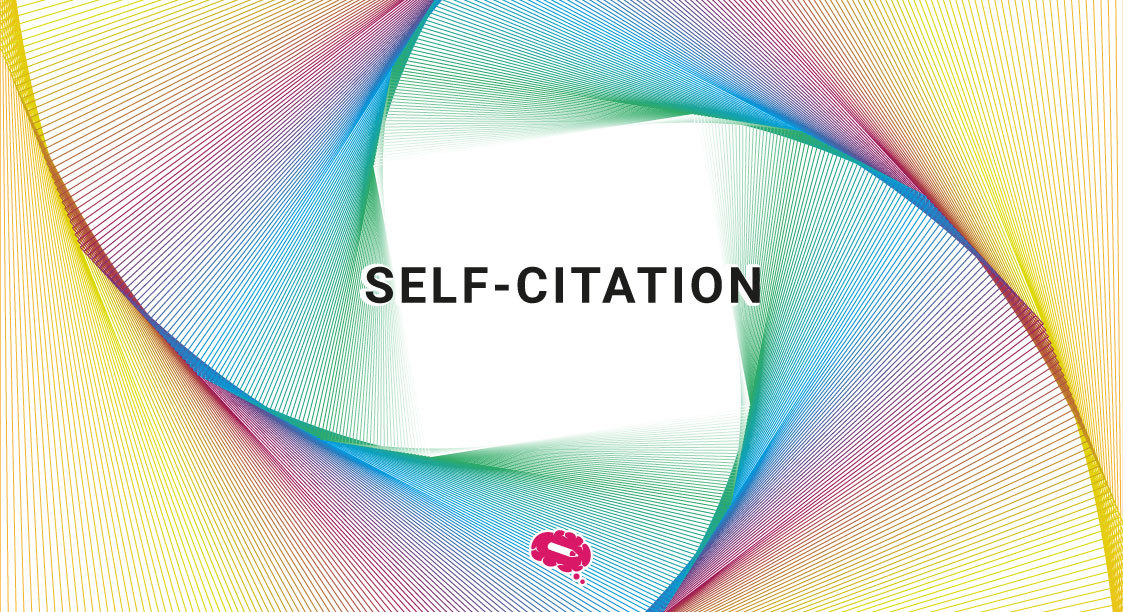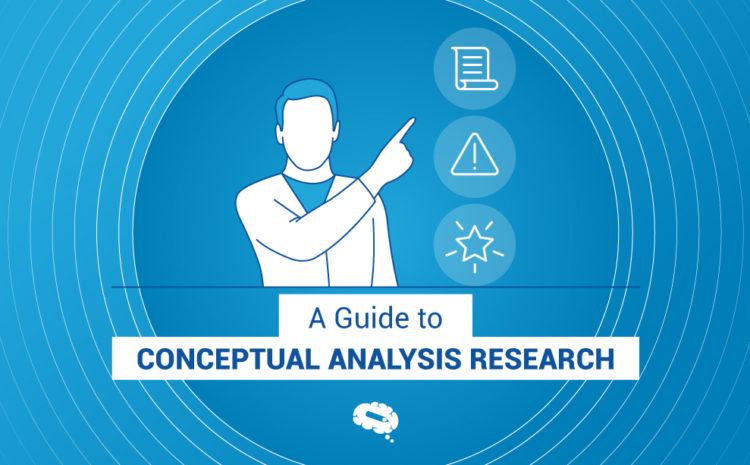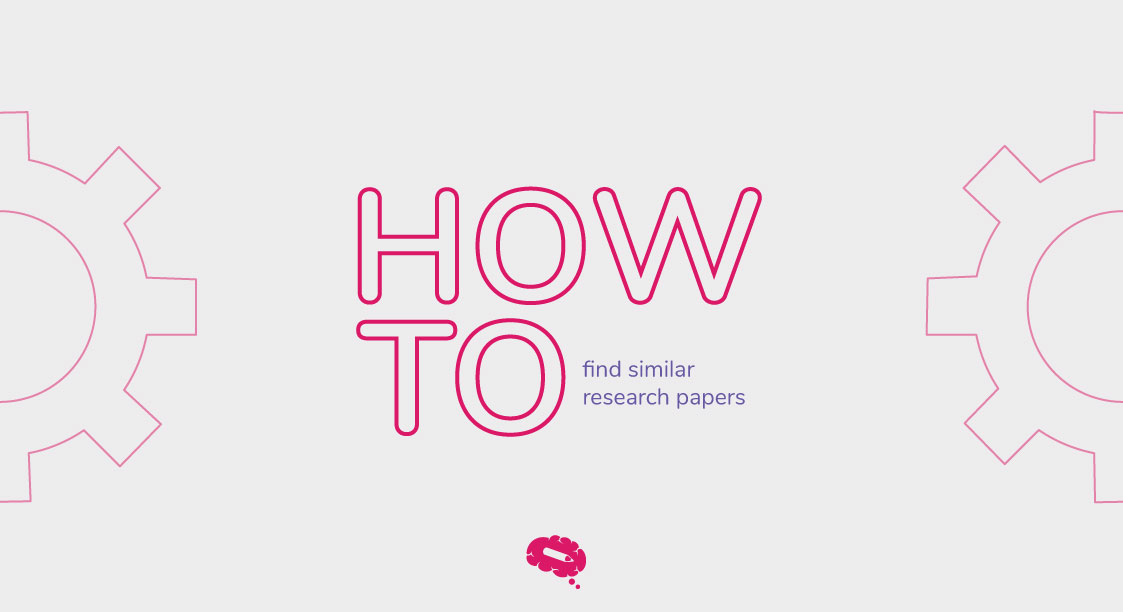Academic writing involves citing sources to provide evidence for arguments and ideas presented in a paper. Self-citation, a practice of citing one’s own work, is often used in academic writing. However, it can be a controversial practice, and there are ethical considerations to take into account when using it. In this article, we will explore the definition of self-citation, reasons for using it, and strategies for avoiding it. We will also discuss the impact of self-citation on research quality and academic integrity.
What is Self-Citation?
Self-citation is a common practice in academic writing that involves citing one’s own previously published work in a new publication. It can include citing articles, books, book chapters, conference papers, or any other type of publication that the writer has authored. Self-citation can be done in text or in the reference list. The primary goal of self-citation is to establish a link between a writer’s current research and their previous work. It can be used to build on previous findings, reinforce arguments, or demonstrate continuity in a writer’s research.
Reasons for Self-Citation
Self-citation can serve some purposes, including:
- Building on previous findings: Self-citation can be used to show how a writer’s new research builds on their previous work. By citing their own work, writers can establish a link between their current research and their previous findings.
- Reinforcing arguments: Self-citation can be used to support arguments made in a new publication. By citing their own work, writers can provide additional evidence for their claims.
- Demonstrating continuity: Self-citation can be used to demonstrate continuity in a writer’s research. By citing their own work, writers can show how their research has evolved over time.
Ethics of Self-Citation
Ethical self-citation requires authors to cite their own work only when it is relevant and necessary to support the argument of the current publication. It should be transparently labeled and based on high-quality research.
The Pros and Cons of Self-Citation
Some of the pros of self-citation include:
- Establishing credibility: Self-citation can help establish the author’s expertise in a particular field and build credibility as a researcher.
- Building a research agenda: Self-citation can be an effective way to build a research agenda, by connecting multiple works and establishing a clear research trajectory.
- Enhancing visibility: Self-citation can increase the visibility of an author’s work and help to establish their reputation in the field.
Some of the cons of self-citation include:
- Over-reliance on one’s own work: Overuse of self-citation can create the impression that a writer is not engaging with the broader literature in their field.
- Inflating the importance of one’s own work: Self-citation can create the impression that a writer is overly focused on their own research and not interested in the work of others in their field.
- Undermining the integrity of the citation process: Self-citation can be seen as an attempt to boost one’s own citation count, which can undermine the credibility of the citation process.
How Self-Citation Impacts Academic Integrity
Self-citation can have both positive and negative impacts on academic integrity. It can be a legitimate and appropriate way to acknowledge the contributions of previous work, establish a research trajectory, and demonstrate expertise in a particular field. On the other hand, self-citation can also be abused, leading to concerns about academic integrity and the objectivity of research.
Here are some ways in which self-citation can impact academic integrity:
- Bias: Self-citation can create a bias towards an author’s own work, potentially leading to a lack of objectivity and a skewed representation of the state of the field. This can undermine the credibility of the research and raise questions about its validity.
- Manipulation: Self-citation can be seen as a way to manipulate citation metrics and boost an author’s own profile, rather than as a legitimate way to acknowledge previous work. This can lead to concerns about academic integrity and ethical behavior.
- Excessive self-citation: Excessive self-citation can suggest a lack of engagement with the broader field, and may be seen as an attempt to inflate citation metrics rather than as genuine engagement with the work of others. This can undermine the credibility of the research and reduce its impact.
- Justification: Self-citation should be justified by a genuine need to reference previous work, rather than as a way to promote one’s own ideas. Authors should carefully consider whether their own work is the best source to support their arguments and provide context for their research.
Methods of Avoiding Self-Citation
While self-citation can be useful in academic writing, it is important to avoid over-reliance on one’s own work. Here are some strategies for minimizing self-citation:
Strategies for Minimizing Self-Citation
Use a diverse set of sources
To avoid over-reliance on one’s own work, it is important to use a diverse set of sources in academic writing. This can include literature reviews, empirical studies, and other types of publications that are relevant to the research question.
Use third-person references
Instead of citing themselves, writers can use third-person references to describe their previous work. For example, instead of saying “In my previous study…” a writer could say “Smith (2010) found that…”
Consider the relevance of previous work
Before citing one’s own work, writers should consider whether it is truly relevant to the research question. If it is not, then it may be better to avoid self-citation altogether.
Best Practices for Citing Sources
When citing sources, it is important to follow best practices to maintain academic integrity. Here are some practices for citing sources:
- Accurately citing sources: It is important to accurately cite sources to give credit to the original authors and to avoid plagiarism.
- Using a consistent citation style: Using a consistent citation style throughout a paper can make it easier for readers to find the sources cited and can improve the overall readability of the paper.
- Including a reference list: Including a reference list at the end of a paper is essential to provide readers with a complete list of sources cited in the paper.
Impact of Self-Citation on Research Quality
Self-citation can have an impact on the quality of research. If self-citation is overused or used inappropriately, it can undermine the credibility of a writer’s research. However, if used appropriately, self-citation can strengthen a writer’s argument and demonstrate continuity in their research.
One potential benefit of self-citation is that it can help to establish a writer’s expertise in a particular area. By citing their own work, writers can demonstrate their knowledge of a particular topic and their contribution to the field. This can be particularly important for early-career researchers who are trying to establish themselves in their field.
Another potential benefit of self-citation is that it can help to build a writer’s citation count. While citation count is not the only measure of research impact, it is often used as a proxy for the impact of a writer’s research. By citing their own work, writers can increase their citation count, which can be beneficial for their academic careers.
However, it is important to note that citation count should not be the primary motivation for self-citation. Self-citation should only be used when it is relevant and appropriate to the research question.
Your Creations Ready Within Minutes!
Mind the Graph is a scientific platform that helps researchers create effective and engaging visual content for their work. With the platform’s user-friendly interface and pre-designed templates, scientists can create their own customized infographics, posters, and other visual materials within minutes.


Subscribe to our newsletter
Exclusive high quality content about effective visual
communication in science.




